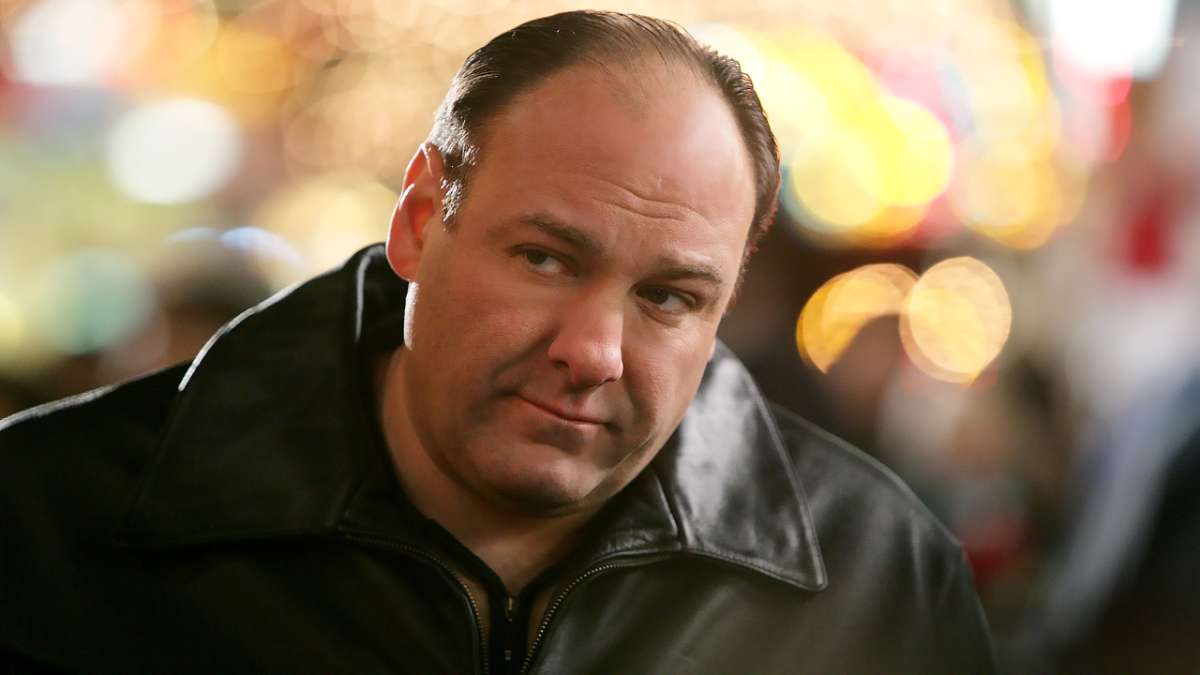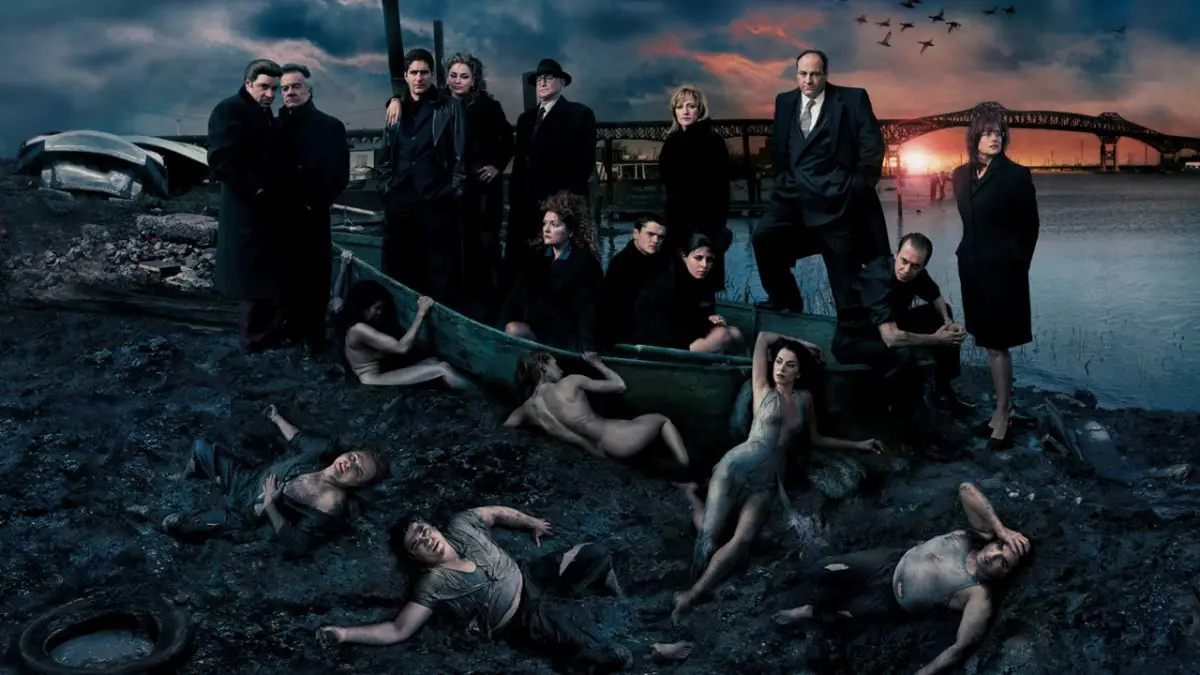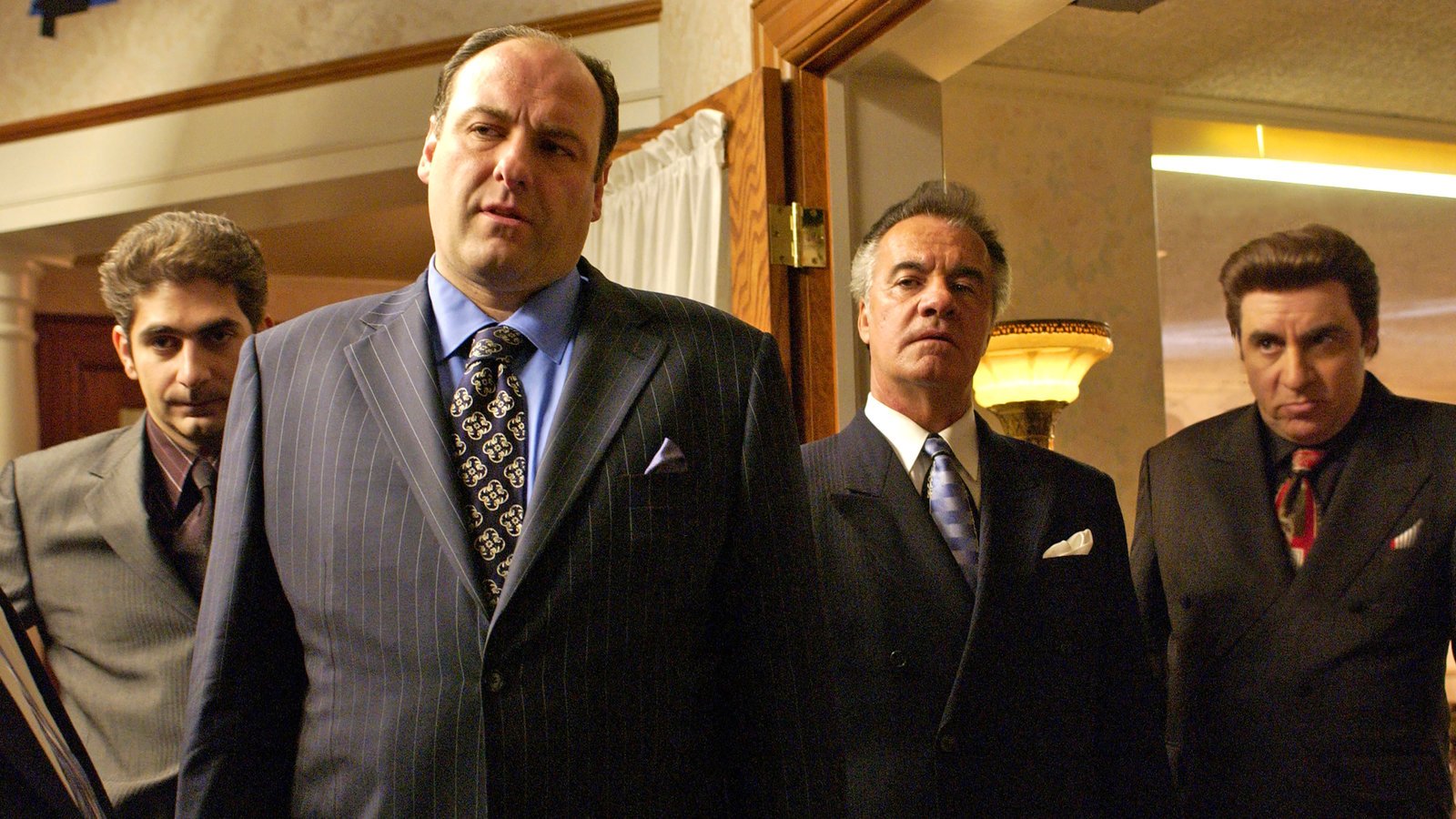One of television’s most revered shows, “The Sopranos,” is getting a Hollywood reboot. With the working title “The Many Saints of Newark,” the movie will take place during the 1967 Newark riots, which occurred when African-American and Italian-American communities feuded for five days after people suspected the police had murdered a black cab driver inside a precinct house. It was one of many riots across the nation during what was later dubbed the Long, Hot Summer of 1967.
The movie will center on “Johnny Boy” Soprano, the father of the HBO series’ main character, Tony Soprano, as well as his mother Livia and his uncle Junior. Although the filmmakers have yet to reveal any plot specifics, rumor has it that the movie will focus on the Soprano family’s achievement of the American dream, along with their eventual ascent up the mafia rankings.
“The Sopranos” creator David Chase has written the script, and television writer Lawrence Konner, whose credits include “Boardwalk Empire” and “The Sopranos” helped him create it. Chase’s return to the world of “The Sopranos” is exciting news for the legions of fans who believe that the series is one of the most groundbreaking and iconic shows of all time.
“The Sopranos,” which debuted in 1999 and aired its last episode in 2007, put HBO on the map. By breaking many of the unspoken TV show rules, the series kicked off a golden age of television, one that pushed the medium into an uncharted creative territory.
Before “Game of Thrones” nudged it out, it was the most watched series in history. It captured the zeitgeist of the era: a time before Facebook, Twitter and smartphones, when George Bush was president, and the country was reeling from the 9-11 attacks.
At the center of this groundbreaking series was Tony Soprano, a mobster undergoing therapy for his panic attacks. Tony Soprano was the first antihero: despite being appalled by the mafioso’s murderous, sociopathic antics, viewers can’t help but love him. Many film and television critics agree that without Tony Soprano, there would be no Walter White or Don Draper.

Without a doubt, “The Sopranos” has stood the test of time, and even though it has been 11 years since its finale, the show still attracts new viewers. For example, take the now-famous Holsten’s restaurant in New Jersey. This is where the series finale was filmed, and the restaurant is one of the many stops on “The Sopranos Tour” that people travel from across the country — and around the world — to see.
When interviewed by northjersey.com, neophyte “Sopranos” fans Samantha Ferrara and Chris Beck, both 19-year-olds, were sitting in the famous booth where Tony Soprano may or may not have had his last meal. “Of course we’re eating onion rings because Tony Soprano said they’re the best in the state,” says Ferrara. “We wanted to sit right where Tony Soprano sat during the season finale. Hearing that there’s going to be a prequel is really exciting.”
Tracking the show’s influence, however, is often simpler than explaining how it came to be a cultural icon in the first place. The answer, like the show, is complicated. Notably, the biggest factor in the series’ success was its central character: American antihero Tony Soprano, who simultaneously commanded his crew of gangsters and balanced his family life.
James Gandolfini portrayed Tony Soprano as a man imbued with a combination of machismo and endearing charm, who also happened to suffer from panic attacks, an endearing dichotomy that quickly made audiences fall in love with the character.
The show juxtaposed Tony Soprano’s heinous acts with scenes of him attending weekly therapy sessions, cheering at his daughter’s soccer game and manning the grill at family cookouts.
Watching Tony juggle the responsibilities of being a father and a husband, while heading up his other Family, was one of the most fun aspects of the series. Tony Soprano was the embodiment of the viewers’ alter ego or shadow self. Audiences watched with glee as he murdered, lied, cheated and extorted, and they cheered him on in spite of his misdeeds.
In addition to the compelling character of Tony, “The Sopranos” showed that television could be a platform for challenging storytelling and complex characters, and soon many other shows followed suit. “Mad Men,” “Breaking Bad” and “The Wire” would not have happened without “The Sopranos” first kicking down the doors of convention.
“The Sopranos” is full of murder, humor, infidelity and broken characters who haunt the memories of those who watch this amazing show. The show pioneered explicit sex, bloodshed, the gleeful willingness to kill off adored characters with no warning and dark humor that no one had seen before in the realm of television.

However, “The Sopranos” is not just a bloody glorification of crime and murder. In fact, the show neither exalts nor glamorizes these themes. Instead, it took pains to present its characters as real people.
After all, everyone the show featured was trapped by their own circumstances and fears, and each individual coped with it by lying to themselves about certain things and constantly compromising their principles, which is something every person can relate to. “The Sopranos” grabbed its viewers and didn’t let go by exploring the characters and showing the humanity, the neuroses and the pathologies of each individual.
Ultimately, giving the characters emotional qualities is what sets “The Sopranos” apart from conventional movies about the mafia. Even though “The Sopranos” pays homage to its mob-movie predecessors, such as “Goodfellas,” “The Godfather” and “Casino,” there is a stark difference in the way the characters are so relatable to the viewer.
One scene, in particular, occurs in Season 6 in the episode titled “Moe n Joe.” One of the guys in Tony’s crew is on the run, hiding in another state. Vito takes a job as a handyman, and the scene focuses on the character trying to make it through a monotonous workday.
Vito tells himself not to look at his watch, and he keeps a narration of how if he makes it until his lunch break, then the day is halfway done. When Vito decides to check the time, certain that it must almost be noon, Vito looks down at the expensive watch and discovers it is only 10 a.m., at which point the inner narration stops, and he yells “F*ck me!”
Another scene worth mentioning occurs in the Season 3 episode titled “University.” Tony’s daughter Meadow is watching her annoying dorm roommate whine about how hard college is and how much she misses her ferrets. The roommate is needy and clingy, and she constantly interferes with Meadow’s studying routine.
The creators of the show sprinkled funny and cringe-worthy scenes throughout every episode, and when contrasted with the overt violence and drama, they’re what connect the viewer to the storylines. As a result, an inevitable intimacy is established between the audience and the characters, and therein lies the genius of the show.
Without a doubt, “The Sopranos” is one of the masterpieces of the TV canon, and fans of the show will probably not be disappointed with Chase’s movie prequel. In an interview with “Deadline,” Toby Emmerich, chairman of the Warner Bros. Picture Group, said the company was “thrilled that [Chase] has decided to revisit, and enlarge, the Soprano universe in a feature film.”
In the meantime, both diehard and recent fans can binge on “The Sopranos” via HBO GO or on Hulu by downloading the app to any streaming device or TV.

















